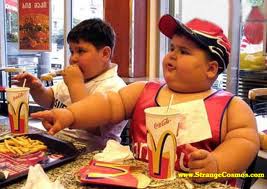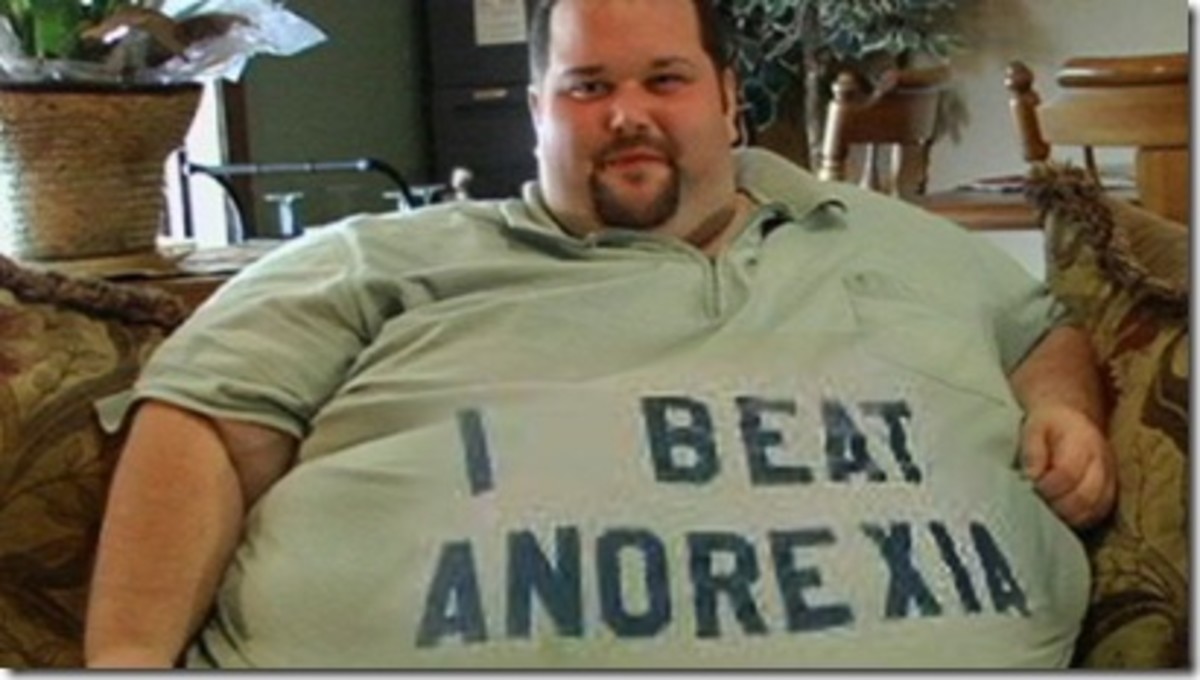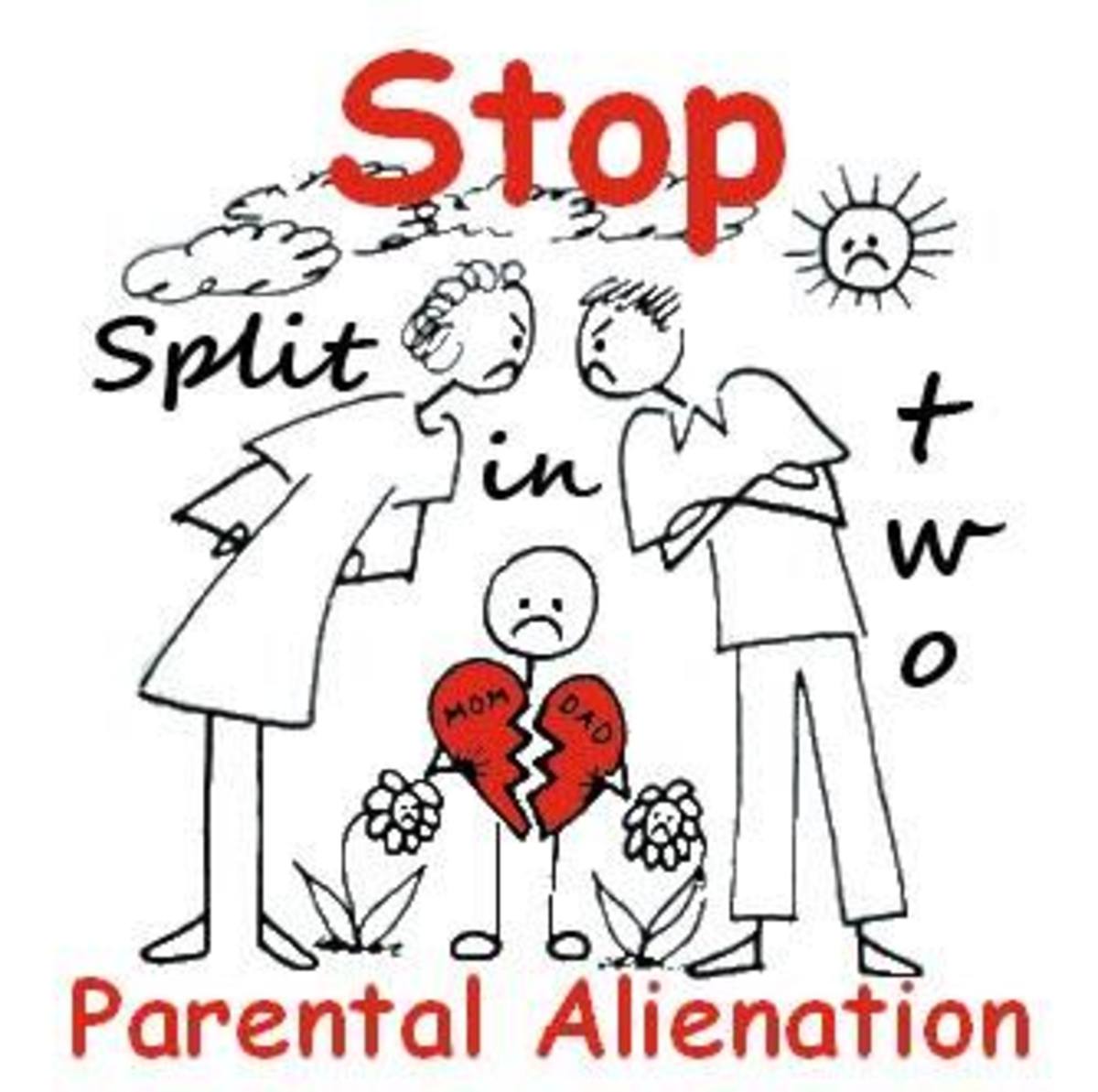Child Obesity and Parental Guilt? Losing Childhood



Should Parents Lose Custody of Severely Obese Children?
Child obesity has become an epidemic in the United States. According to the Centers for Disease Control and Prevention, approximately 17 percent (12.5 million) children and teens are obese. To put it in context, that is equal to the entire population of Zambia, a country in Southern Africa which is equal in size to the State of Texas. So, imagine the whole of Texas filled with Obese children. One wonders why one of the richest and most advanced nation in the world, would be miserably failing to deal with this deadly issue.
Is America Healthy?
The answer is an absolute NO. America is currently a very unhealthy nation.
In a recent move to raise advocacy against childhood obesity, Dr. David Ludwig, an obesity expert at Children's Hospital in Boston, in an opinion piece co-authored with Lindsey Murtagh, a lawyer and researcher at Harvard's School of Public Health, published in the Journal of the American Medical Association Parents, proposed a very radical move. Their argument is that, parents of severely obese children should lose their custody. I kind of agree with their school of thought, although it must be approached with caution.
As Ludwig argues, "State intervention may serve the best interests of many children with life-threatening obesity, comprising the only realistic way to control harmful behaviors."
"In severe instances of childhood obesity, removal from the home may be justifiable, from a legal standpoint because of imminent health risks and the parents' chronic failure to address medical problems."
They made it clear that removal from parents was not necessarily the solution for all obese children and should be only as a last alternative in the most extreme of cases. However, I don't think we should wait for a child to be in desperate condition for us to intervene. There are certainly obvious signs that can be used to start the intervention. It is easier to deal with the obesity in its early stages than when it has already started affecting other areas of the child's health, such as alertness and concentration in school, hypertension or diabetes, and other heart related conditions.
Dangers of Obesity
Obesity does not just affect a child's size and weight. Most children develop life-threatening illnesses in the process, such as type 2 diabetes, heart problems, mobility issues, high blood pressure and sleep disorders. Depression has also been cited by studies as a reason for suicidal tendencies among many obese children.
All these conditions contribute to lowering the child's quality and length of life. If a parent does not show any active concern, it seems logical, that state intervention might be an appropriate response here.
According to a study in The Journal of Pediatrics , infants who are overweight may be slower than thinner babies to develop their motor skills. They tend to be physically less active, and as such, are more likely to become obese. Evidence also shows that these children are likely to exhibit mental health issues such as isolation and depression. Obviously, you cannot hold the child responsible at this stage. It is the parents’ responsibility.
For extremely overweight children that develop complex health issues, taking them away from the unsupportive environment might be a better solution. This may sound horrific, but if looked at closely, it might well qualify under child neglect. After all the government already intervenes in cases where the child is malnourished and being mistreated. Why should it be different for an Obese child who is equally exposed to harmful health behavior?
Having the possibility of parents losing custody on record, would force some lazy parents and children to think twice about what they are eating and their lifestyle. Especially those parents who just don't care and continue to be adamant. After all, they don't care, otherwise they would do more or at least do something to help the child.
Some parents' only knowledge of meals is fast foods, which in most cases, are unhealthier food choices that are likely to lead to obesity. Many people would argue that the food industry needs to be held accountable for introducing horribly unhealthy foods, a point well justified. But the fast foods industry is not the one lifting the spoon to feed the child or stuffing those those french fries into their little mouths. It's the parents. Parents order the menus, and therefore, must be held accountable for making poor choices for their children.
Advocacy from the White House
It is impressive that the first Lady, Michelle Obama, has taken an active role and continues to advocate for a radical shift in our behavior and eating habits. We need to commend her for her efforts to rally the nation back onto a healthy path. It will take the effort and resolve of every parent, brother, sister, uncle or cousin. We all must do our part.
Otherwise, as someone said, "Sometimes it is easier to take the child out of the home, than take the time and resources to provide the right solution to the problem."
What do think you about the proposal? Share your thoughts and leave your comments below.









